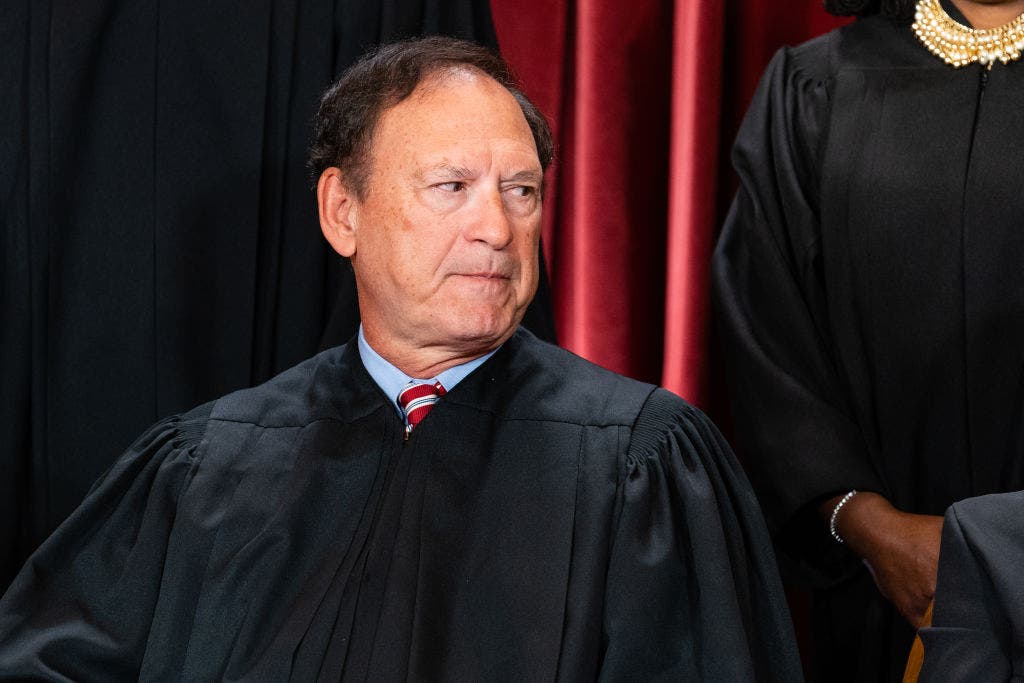Conservative justices ‘stunned’ by Supreme Court’s USAID decision, lambast majority in scathing dissent

Four conservative Supreme Court justices, Justice Samuel Alito, Justice Clarence Thomas, Justice Neil Gorsuch, and Justice Brett Kavanaugh, penned a blistering dissent on Wednesday after the court majority rejected the Trump administration’s request to continue a temporary freeze on foreign aid payments. The dissent criticized the decision to allow a lower court judge to determine the timeline for the Trump administration to pay nearly $2 million in payments for previously completed foreign aid projects, calling it “too extreme” and an “unfortunate misstep.”
In an eight-page dissent, Justice Alito condemned the majority decision as an act of “judicial hubris” by U.S. District Judge Amir Ali. He questioned whether a single district-court judge should have the power to compel the U.S. government to pay out $2 billion in taxpayer dollars, stating that the answer should be a resounding “No.”
Joined by Justices Thomas, Gorsuch, and Kavanaugh, Justice Alito argued that while the concerns raised by the plaintiffs regarding nonpayment for completed work were serious, Judge Ali’s repayment order and two-week deadline for compliance were excessive. The dissenting justices believed that the relief ordered was too extreme of a response.
The 5-4 Supreme Court decision remanded the case back to the D.C. federal court for further deliberation on the specifics of the payment and timeline. The case centered on the Trump administration’s freeze on all foreign spending, including the nearly $2 billion owed to aid groups and contractors for completed projects funded by USAID. The administration cited government efficiency and waste elimination as reasons for the freeze.
The lawsuit was filed by international groups and contractors, prompting an emergency appeal to the Supreme Court. Chief Justice John Roberts intervened to pause the timeline for the full court to consider the case. Acting U.S. Solicitor General Sarah Harris argued that while the plaintiffs’ claims were legitimate, the timeline set by Judge Ali was impossible and not feasible.
In response to the Supreme Court decision, Judge Ali quickly moved to schedule a new court hearing to address the unpaid foreign aid case. Both parties were instructed to discuss a proposed schedule for the Trump administration to comply with the outstanding payments.
The dissenting justices’ strong opposition to the majority decision highlights the complex legal and ethical considerations surrounding the allocation of foreign aid funds. The case underscores the tension between judicial oversight and executive authority in matters of government spending and international aid distribution.




